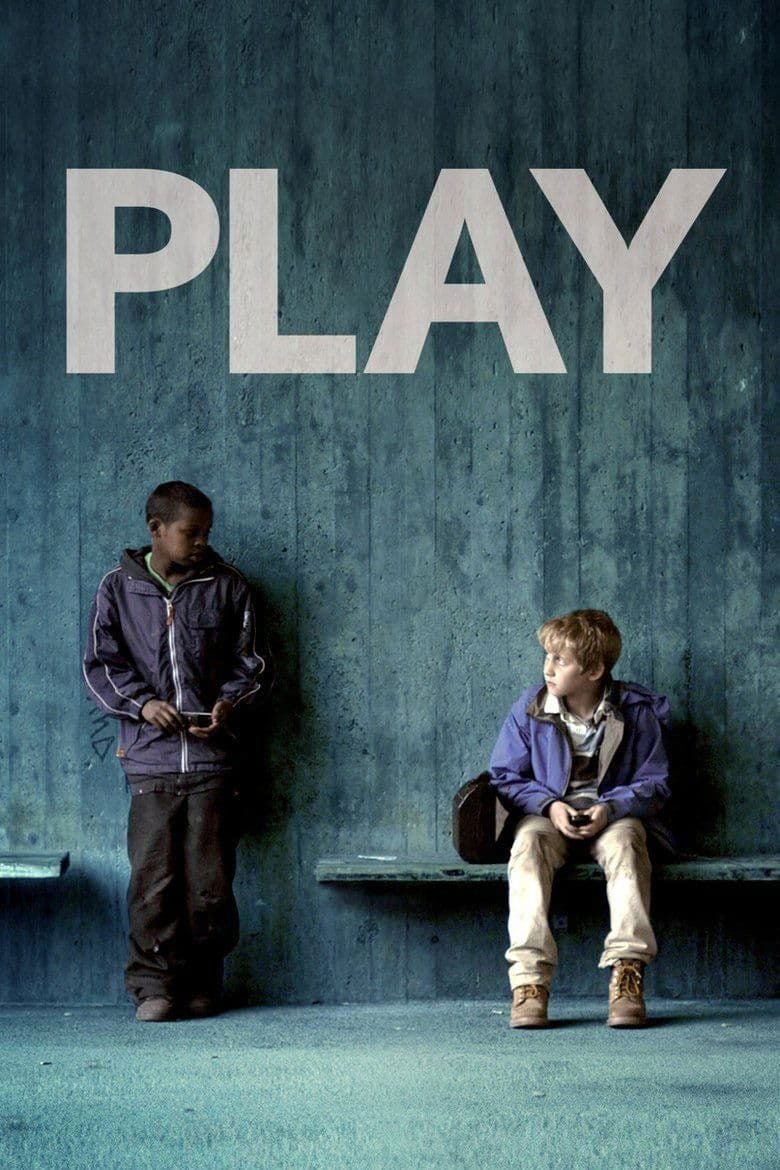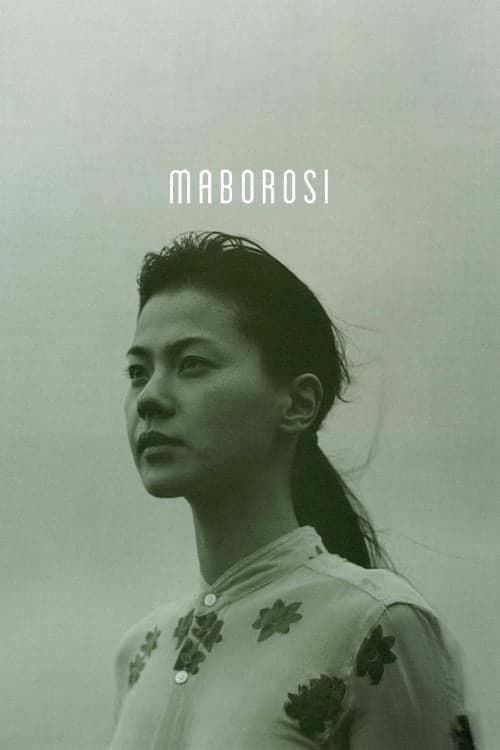All Recommendations

Late Autumn
A woman and her daughter are each forced to contend with an increasing pressure to marry, particularly from three men who knew her late husband.

Killing
In Edo period Japan, a lone ronin lives in a village helping the farmers tend to their land. One day, a group of outlaw swordsmen enter the village.

What Did the Lady Forget?
A professor, Komiya, and his bossy wife, Tokiko, are to look after Setsuko, their high-spirited niece from Osaka. Despite being a minor, Setsuko is a liberated woman who does whatever she wants, including smoking. She even convinces Koyima to take her to a geisha house. When she gets rather tipsy, the professor calls Okada, one of his students, to take her home. The wife becomes suspicious of Setsuko when she sees Okada bringing her home.

I Was Born, But...
Two young brothers become the leaders of a gang of kids in their neighborhood. Ozu's charming film is a social satire that draws from the antics of childhood as well as the tragedy of maturity.

Marx Can Wait
"Marx can wait" was something Camillo Bellocchio said to his twin Marco the last time they met before the former died at a young age in the heated days of 1968. This documentary is dedicated to his memory.

Wife! Be Like a Rose!
Kimiko, a Tokyo white-collar working girl, lives with her serious, intellectual, haiku-writing mother. Kimiko seeks to marry her boyfriend but needs her absent father to act as the go-between and negotiate the marriage. Kimiko travels and finds her father living with a second family.

Paper Airplanes
Paper Airplane is a feature-length documentary that looks at the breakdown of China’s socialist systems, which had previously provided jobs and security, now having turned to capitalism allows disenfranchised youths to fall into new lifestyles that sometimes involve the underworld of drugs.

Tora-san Loves an Artist
Tora-San returns to Shibamata just before his family leaves on a trip for Kyushu. Later, he encounters an old school chum and begins to have feeling for his artist sister.

Mary Is Happy, Mary Is Happy.
Mary is in her last course of school. She'll confront sudden changes in her life, loving relations and friendship. Based on some tweets of an anonymous girl.

Good Morning
A lighthearted take on director Yasujiro Ozu’s perennial theme of the challenges of intergenerational relationships, Good Morning tells the story of two young boys who stop speaking in protest after their parents refuse to buy a television set. Ozu weaves a wealth of subtle gags through a family portrait as rich as those of his dramatic films, mocking the foibles of the adult world through the eyes of his child protagonists. Shot in stunning color and set in a suburb of Tokyo where housewives gossip about the neighbors’ new washing machine and unemployed husbands look for work as door-to-door salesmen, this charming comedy refashions Ozu’s own silent classic I Was Born, But . . . to gently satirize consumerism in postwar Japan.

The Naked Island
A family of four are the sole inhabitants of a small island, where they struggle each day to irrigate their crops.

La Ronde
An all-knowing interlocutor guides us through a series of affairs in Vienna, 1900. A soldier meets an eager young lady of the evening. Later he has an affair with a young lady, who becomes a maid and does similarly with the young man of the house. The young man seduces a married woman. On and on, spinning on the gay carousel of life.

The Prime of Miss Jean Brodie
A headstrong young teacher in a private school in 1930s Edinburgh ignores the curriculum and influences her impressionable 12-year-old charges with her over-romanticized worldview.

Play
In central Gothenburg, Sweden, a group of boys, aged 12-14, robbed other children on about 40 occasions between 2006 and 2008. The thieves used an elaborate scheme called the 'little brother number' or 'brother trick', involving advanced role-play and gang rhetoric rather than physical violence.

The Front
A cashier poses as a writer for blacklisted talents to submit their work through, but the injustice around him pushes him to take a stand.

The Fountainhead
An uncompromising, visionary architect struggles to maintain his integrity and individualism despite personal, professional and economic pressures to conform to popular standards.

Maborosi
A tragedy strikes a young woman's life without warning or reason. She continues living while searching for meaning in a lonely world.

Le Petit Soldat
Despite his lack of political convictions, photojournalist Bruno Forestier is roped into a paramilitary group waging a shadow war in Geneva against the Algerian independence movement.

Shame
In the midst of a civil war, a pair of former violinists in a tempestuous marriage oversee a farm on a rural island. In spite of their best efforts to escape their homeland, the war impinges on every aspect of their lives.

Floating Weeds
When a theater troupe's master visits his old flame, he unintentionally sets off a chain of unexpected events with devastating consequences.